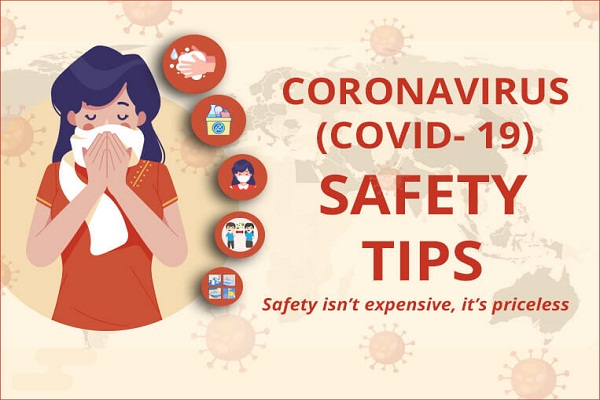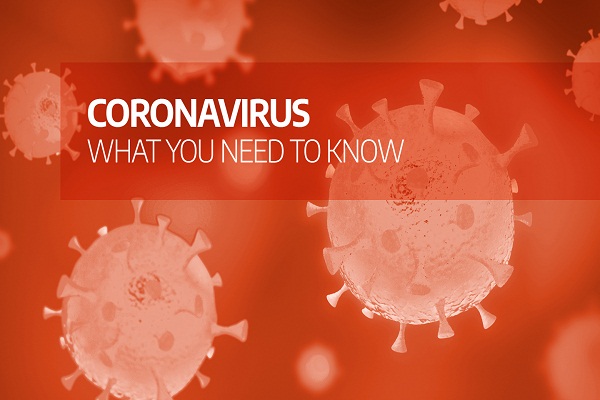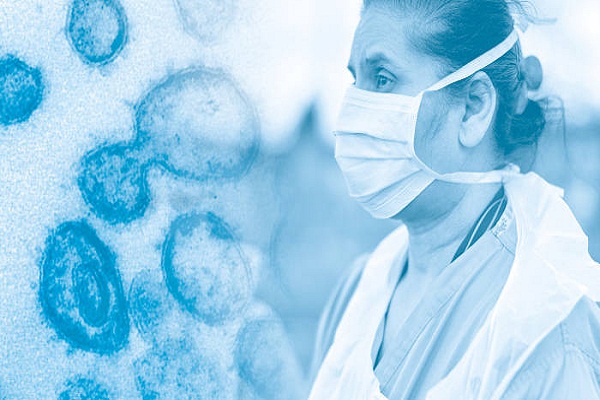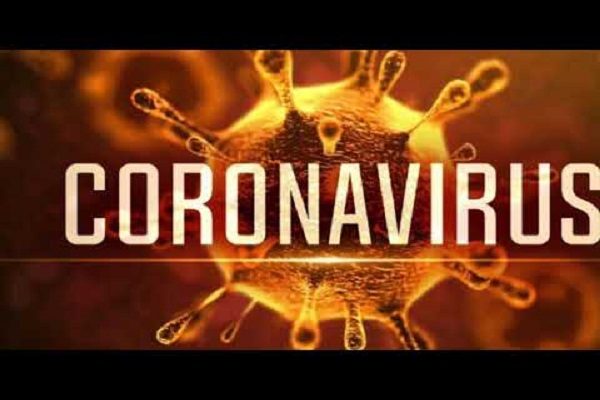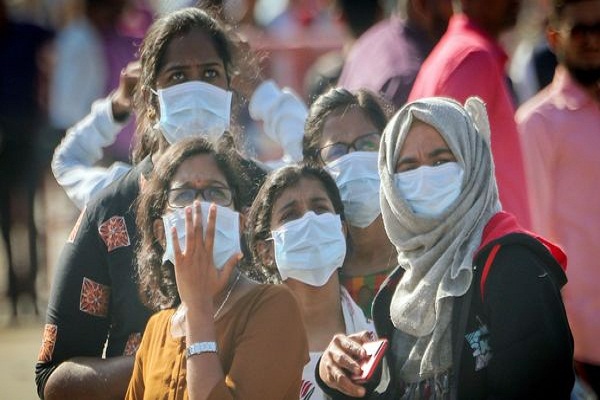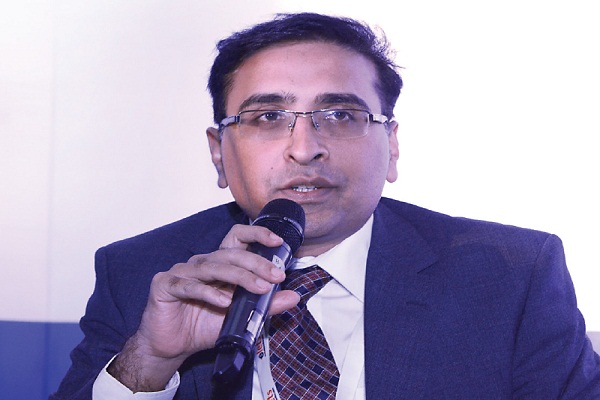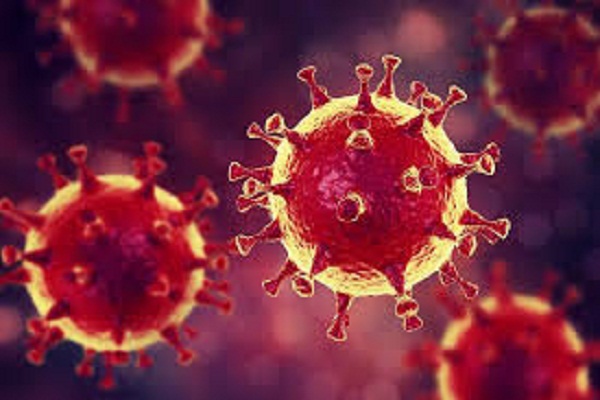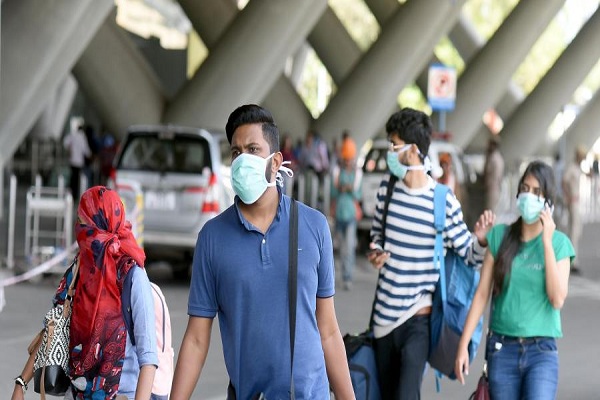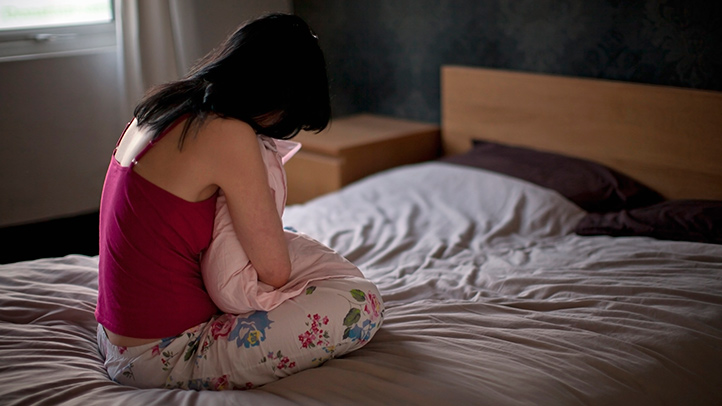
With number of adults living with diabetes witnessing a sharp rise in recent years, it is crucial to be aware and understand the symptoms of hypoglycaemia or low blood sugar which can be triggered owing to high dosage of insulin, exercising vigorously without decreasing the dose of insulin or drinking excessive alcohol, according to an expert.
Low blood sugar can happen to diabetic patients, if they take high dosage of insulin, do not eat sufficiently well, exercise vigorously without decreasing their dose of insulin or drink excessive alcohol. It is important to be aware and understand the symptoms of hypoglycaemia and its preventive measures especially if you are a diabetic, says Dr Rajeshwari Janakiraman, Consultant Endocrinologist, Columbia Asia Referral Hospital, Yeshwanthpur.

He cites a recent incident, wherein a 70-year-old diabetes patient suffering with diabetes was found unresponsive at home. His family immediately called the emergency department at Columbia Asia Referral Hospital, Yeshwanthpur. But when the emergency team reached his house and checked his sugar level, they realised he had hypoglycaemia (low blood sugar).
Following consultation with a consultant emergency medicine at Columbia Asia, the patient was given 25 per cent of dextrose injection (100 ml) and his condition improved immediately. After further monitoring, the nursing team realised that Ravi was fine and did not need to be shifted to the hospital.
The main symptoms to look out for when you are at an early stage of hypoglycaemia (low blood sugar) are sweating, trembling of hands or the body, feeling hungry or feeling anxious, according to Dr Janakiraman.

However, if this is untreated the patient the symptoms start getting severe which includes difficulty in walking, weakness, difficulty in seeing things clearly, state of confusion and unconsciousness or seizures.
The best way to treat low blood sugar is to constantly monitor your blood sugar levels using a glucometer. Also, if you are a diabetic always carry glucose tablets like glucagon, hard candies or glucose powder. If the patient is still conscious, giving sweets orally can help bring the blood sugar levels up. However, if the patient is unconscious, you should not use oral methods as they can be dangerous. Instead its important that a friend or family members are trained to recognise severe low blood sugar levels and can help you with a glucagon injection in severe cases, the doctor added.
Be a part of Elets Collaborative Initiatives. Join Us for Upcoming Events and explore business opportunities. Like us on Facebook , connect with us on LinkedIn and follow us on Twitter , Instagram.


